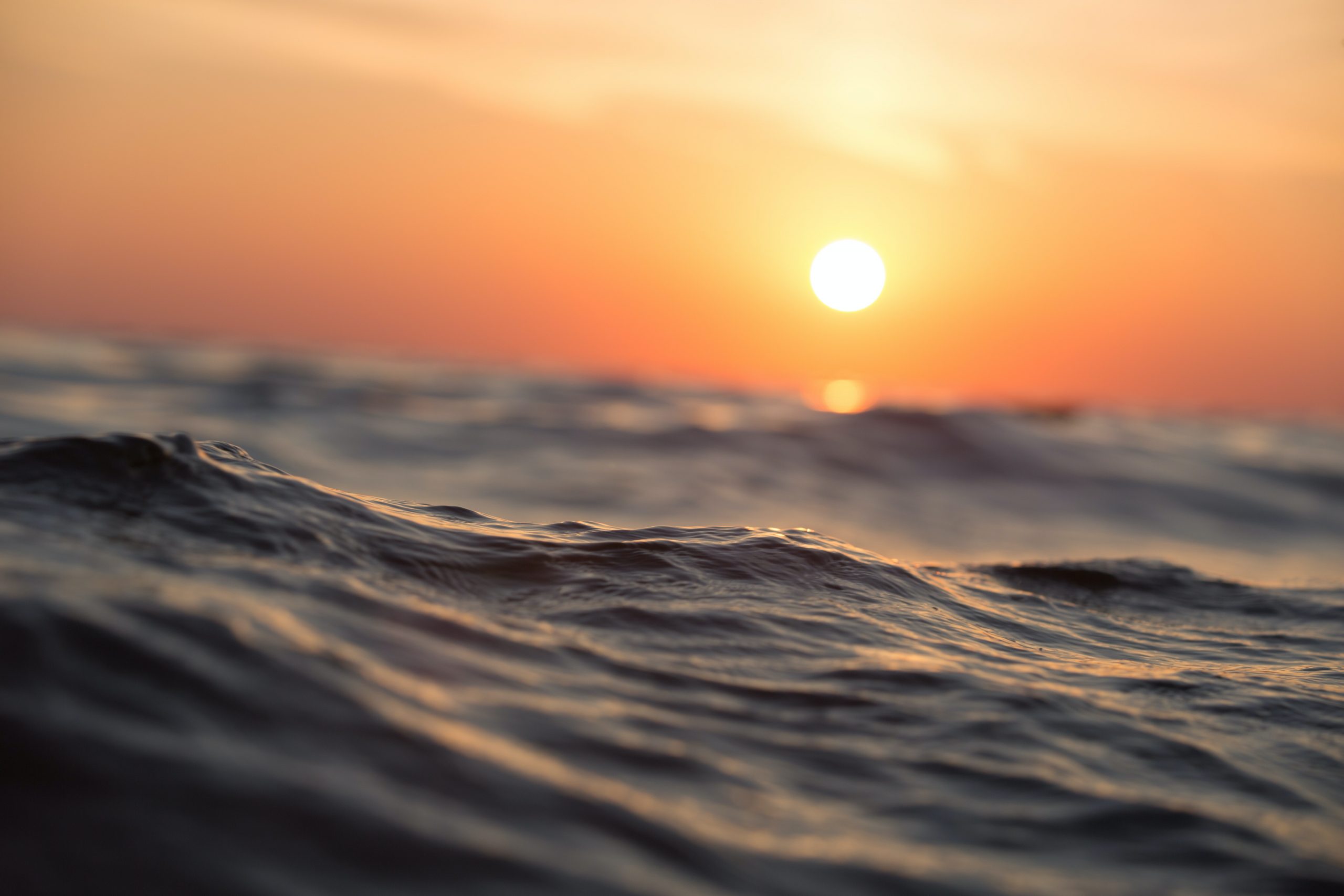News
Japan mulls maritime cooperation; no plans yet on SCS patrols

As of now, there is no specific discussion about the possibility of joint patrol, the Japanese Embassy in Manila told the Philippine News Agency via a statement. (Pexels Photo)
MANILA – The Japanese Embassy in Manila on Tuesday said there is no specific plan yet on a South China Sea (SCS) joint patrol with the Philippines, the United States, and Australia but Tokyo will “explore” possible maritime cooperation to secure the Indo-Pacific region.
As of now, there is no specific discussion about the possibility of joint patrol, the Japanese Embassy in Manila told the Philippine News Agency via a statement.
“Japan will explore the possibility of cooperating with partners to reinforce Maritime Domain Awareness and the maritime law enforcement in the Indo-Pacific,” read the embassy statement.
The statement comes following a report quoting Philippine Ambassador to the US Jose Manuel Romualdez that Manila is in talks to possibly include Tokyo and Canberra in planned joint patrols in the SCS.
The Australian Embassy in Manila, on the other hand, deferred to Australia’s Department of Defence when asked to comment.
Meanwhile, the Japanese Embassy said Tokyo is committed to further enhancing defense exchanges with Manila through the Japan-Philippine-US trilateral dialogues.
“As in the Japan-Philippines Joint Statement of Feb. 9, both leaders welcomed deepening defense engagements through the participation of the Japan Self-Defense Forces in the Philippines-US joint exercises, and committed to further enhancement of defense exchanges through JP-PH-US trilateral dialogues,” it said.
In a news channel interview in January, Romualdez said the possible joint patrols between the Philippines and the US will enhance “interoperability” and is not necessarily directed against any country.
He said Manila has always had an agreement with the US for maritime patrols but it was “never really implemented” formally.
“This has been on the table for quite some time and I’m sure that at some point our defense establishment and the US defense establishment will come out with an operational plan to be able to have these joint patrols,” he said, adding such activities can also include other partners like Japan and “possibly Australia.”





















